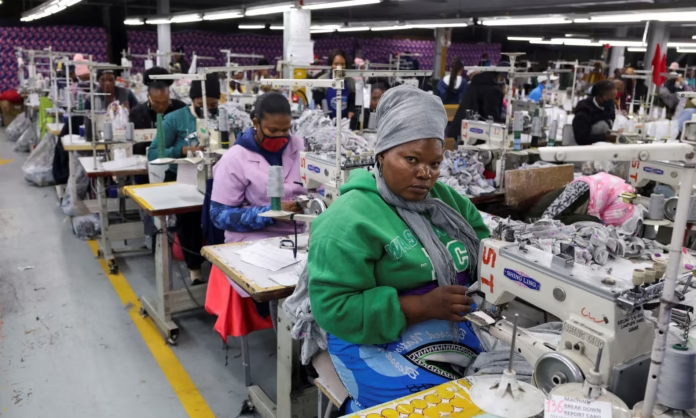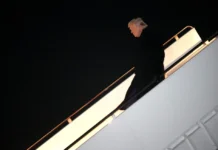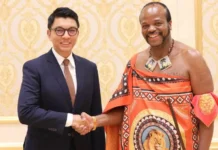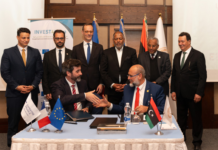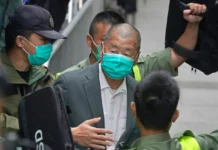Written By Faith Mwende
Maseru, Lesotho’s textile industry is reeling after the United States announced a sweeping 50% import tariff on goods from the southern African nation, threatening the future of thousands of workers and businesses that rely heavily on exports to the American market.
The decision has thrown the future of the African Growth and Opportunity Act (Agoa) into doubt. The legislation, which since 2000 has allowed duty-free access to the U.S. for eligible African countries, has been a critical driver of Lesotho’s textile sector.
Afri-Expo Textiles, one of the country’s largest manufacturers, employs over 2,000 people and now faces losing a significant market share due to the new tariffs.
President Donald Trump’s administration did not explicitly revoke Agoa, but the unilateral imposition of tariffs ranging from 10% for Kenya, Ethiopia, and Ghana to 50% for Lesotho has cast serious uncertainty over its future. South Africa’s government said the new tariffs effectively nullify the benefits of Agoa, while Kenya has maintained that the legislation remains intact until its scheduled expiration in September 2025, unless repealed by Congress.
Analysts warn the tariffs could have severe consequences.
A World Bank study in 2018 predicted that losing Agoa could shrink Lesotho’s GDP by 1% within two years.
Experts, including former UN trade official Mukhisa Kituyi, believe that a 50% tariff could effectively end Agoa-linked manufacturing in the country.
With Agoa’s renewal increasingly unlikely amid growing U.S. protectionism, African nations may have to accelerate intra-continental trade through the African Continental Free Trade Area and seek alternative markets.
The move also risks diminishing U.S. influence in Africa, at a time when China continues to strengthen its economic ties across the continent.









